Category: Bird Science
-
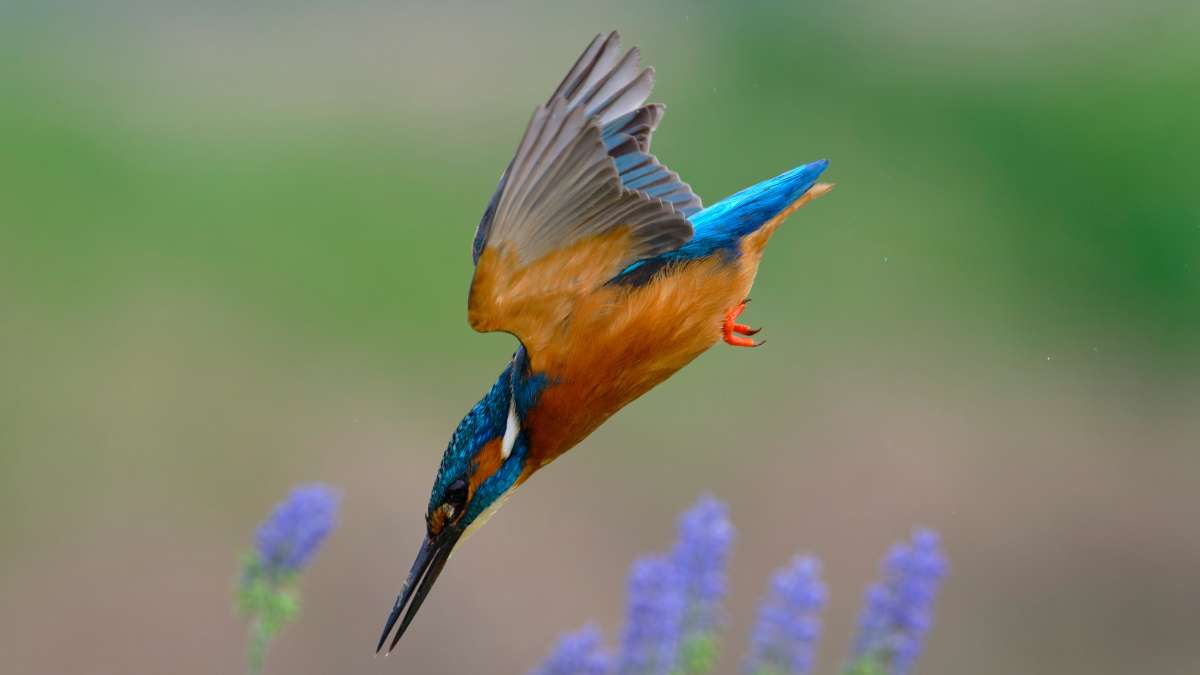
Do Kingfishers Dive for Fish? All About Their Fishing Skills
Kingfishers do dive for fish. These colorful birds are known for their impressive fishing skills. Kingfishers have sharp vision that helps them spot fish from a perch above the water. Once they see a fish, they dive swiftly and precisely, plunging into the water to catch their prey with their strong, pointed beaks. Their bodies…
-
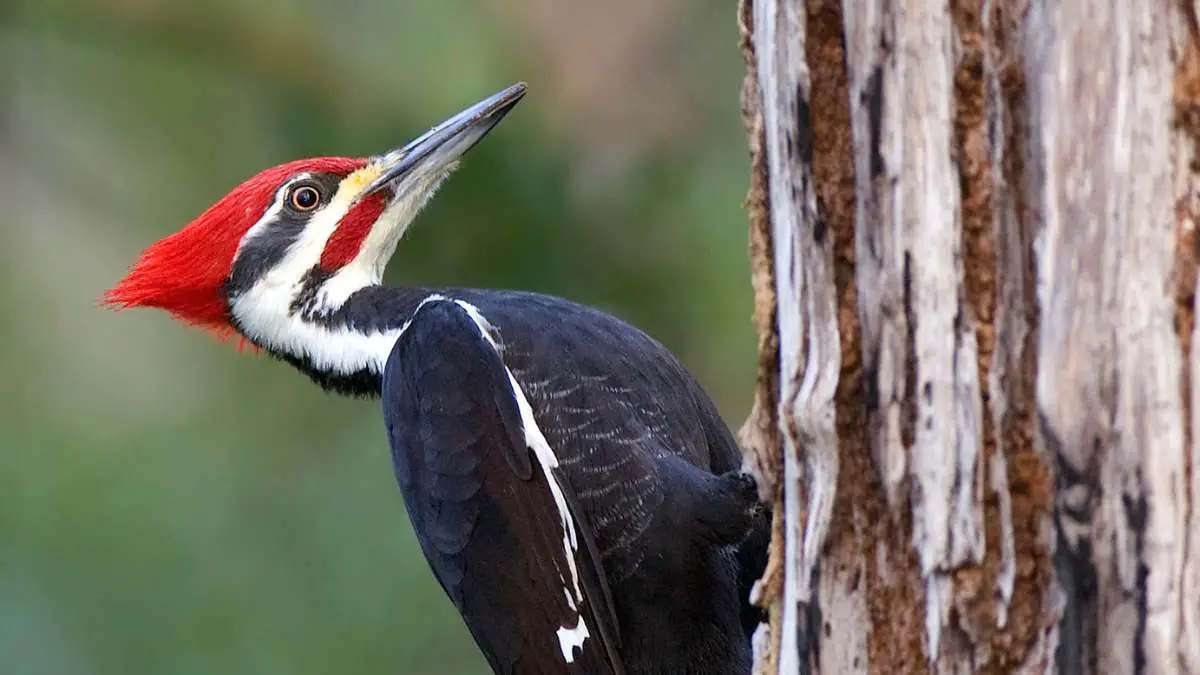
Do Woodpeckers Kill Trees? Explained!
Woodpeckers are fascinating birds known for pecking at tree trunks. While their behavior might seem harmful, woodpeckers typically do not kill trees. They peck at trees to find insects to eat, create nesting sites, or communicate. Most of the time, their pecking only affects the outer bark and does not harm the tree’s overall health. …
-
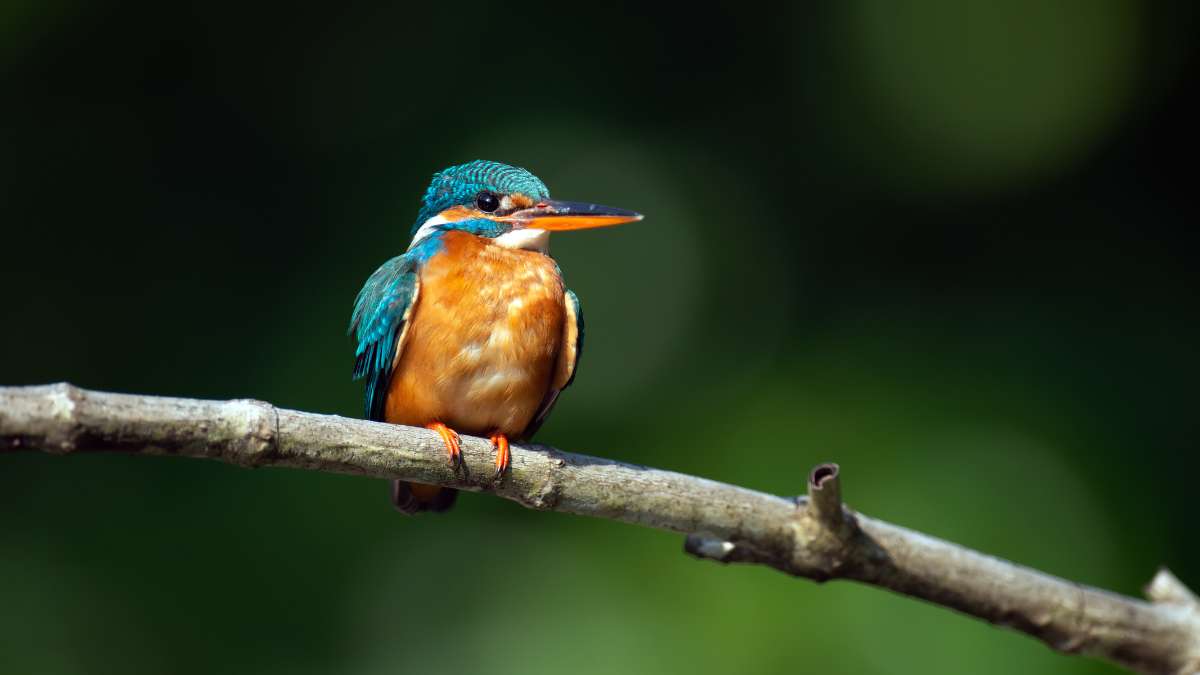
Do Kingfishers Eat Other Birds? Explained!
Kingfishers primarily feast on fish and aquatic creatures like insects and amphibians. However, there are instances where they’ve been seen dining on other birds. These cases are not common but have been documented in various habitats. Factors like food availability, habitat variation, and hunting techniques influence this behavior. Kingfishers are opportunistic hunters, adapting to environmental…
-
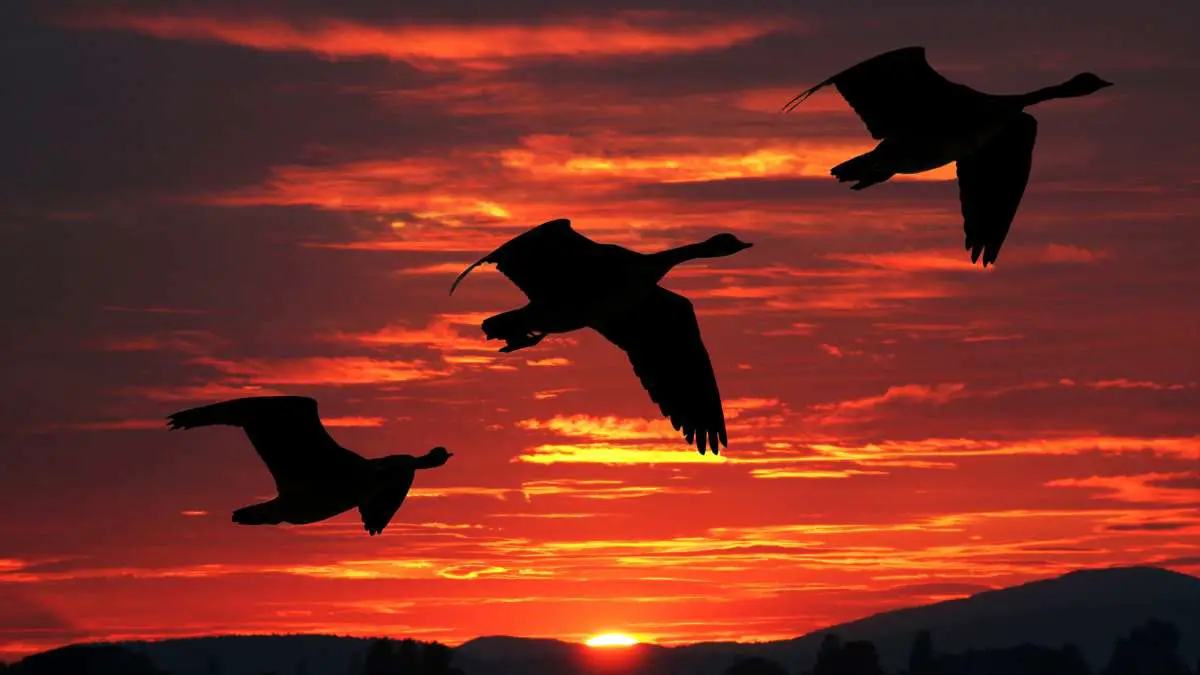
Can Geese Fly at Night? Exploring the Nocturnal Habits of Geese
Geese are remarkable creatures, and their ability to fly at night is truly fascinating. Let’s explore their remarkable nocturnal abilities. Anatomy and Physiology of Geese for Night Flight Geese are well-suited for night flight. Their large eyes are specially adapted to capture even the faintest glimmers of moonlight and stars. These keen eyesight capabilities help…
-
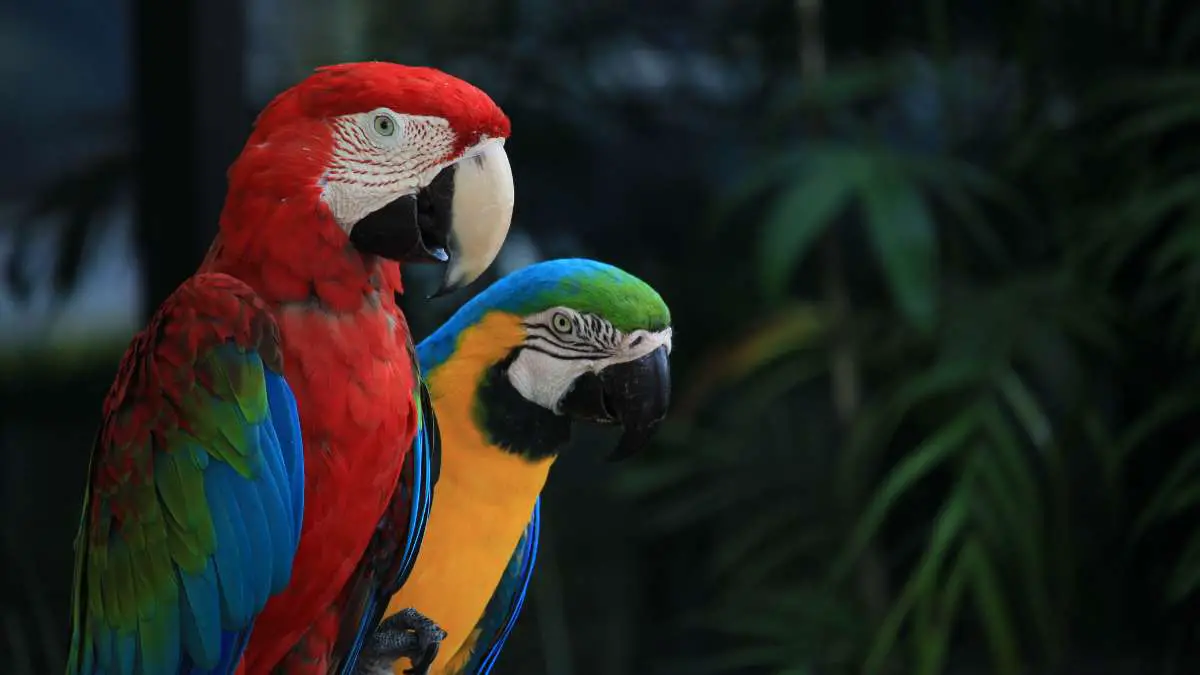
Do Macaws Mate For Life? It’s Not a Simple Yes or No!
Macaws, those vibrant and clever parrots, often attract us with their colorful plumage and playful antics. Now, diving into the depths of their love lives, the question arises: Do macaws mate for life? Well, the answer isn’t a simple yes or no. While some macaw species do form strong, lifelong bonds with a single partner,…
-
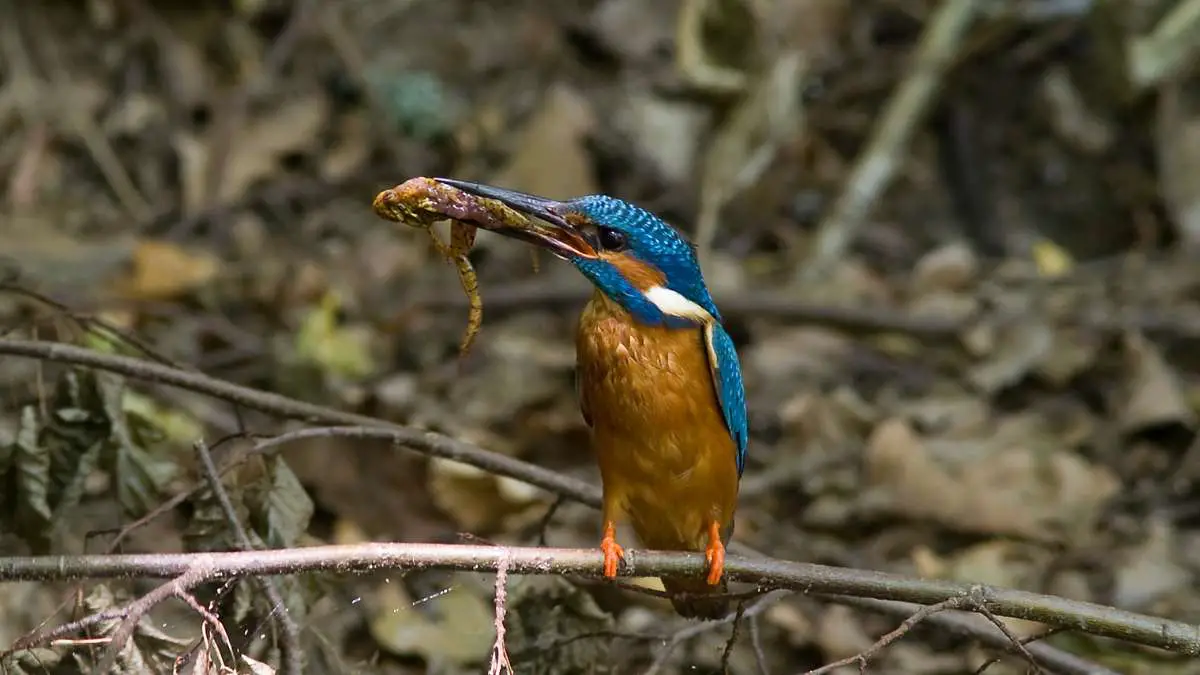
Do Kingfishers Eat Frogs? An In-Depth Look
Kingfishers are small to medium-sized birds known for their bright colors and impressive hunting skills. While fish make up the bulk of their diet, kingfishers do eat frogs. These birds are opportunistic feeders, meaning they eat whatever prey is available and easy to catch. Frogs often live near water, just like kingfishers, making them a…
-
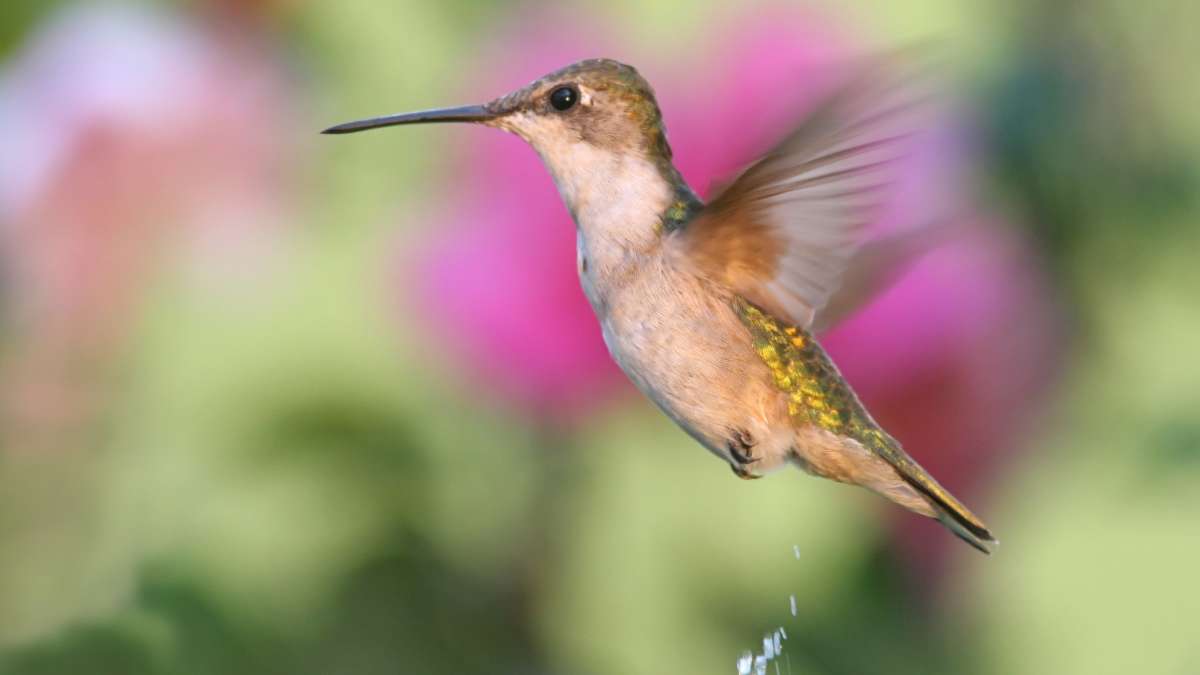
Bird Pooping Habits: All You Need to Know
Typically, birds poop quite often, sometimes every 15 to 20 minutes. However, this can vary depending on the type of bird and what they eat. Smaller birds tend to have more frequent bathroom breaks than larger ones. For instance, songbirds may need to go more often than, say, an eagle. Plus, their diet plays a…
-
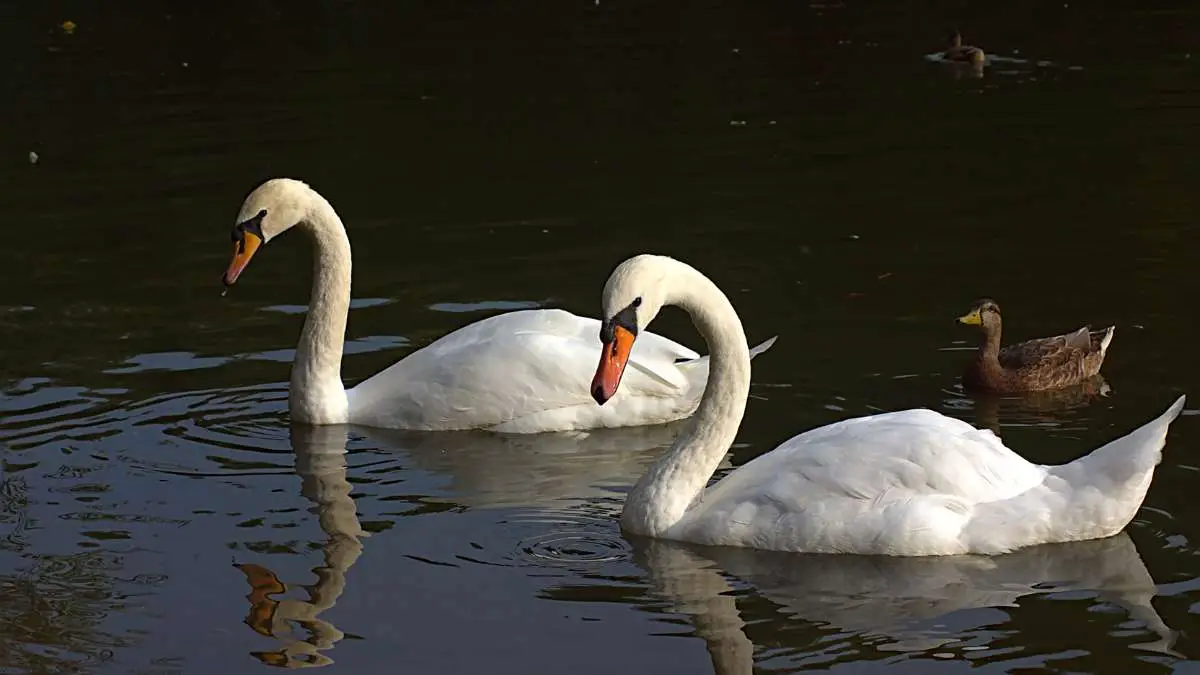
How Do Geese Sleep? All About Sleeping Behavior of Geese
When we think of geese, we often picture them in their majestic flight formations, honking across the sky. But have you ever wondered how these graceful birds catch their much-needed rest? Geese have some interesting sleeping habits that set them apart from other creatures. In this article, we’ll look into the fascinating world of how…
-
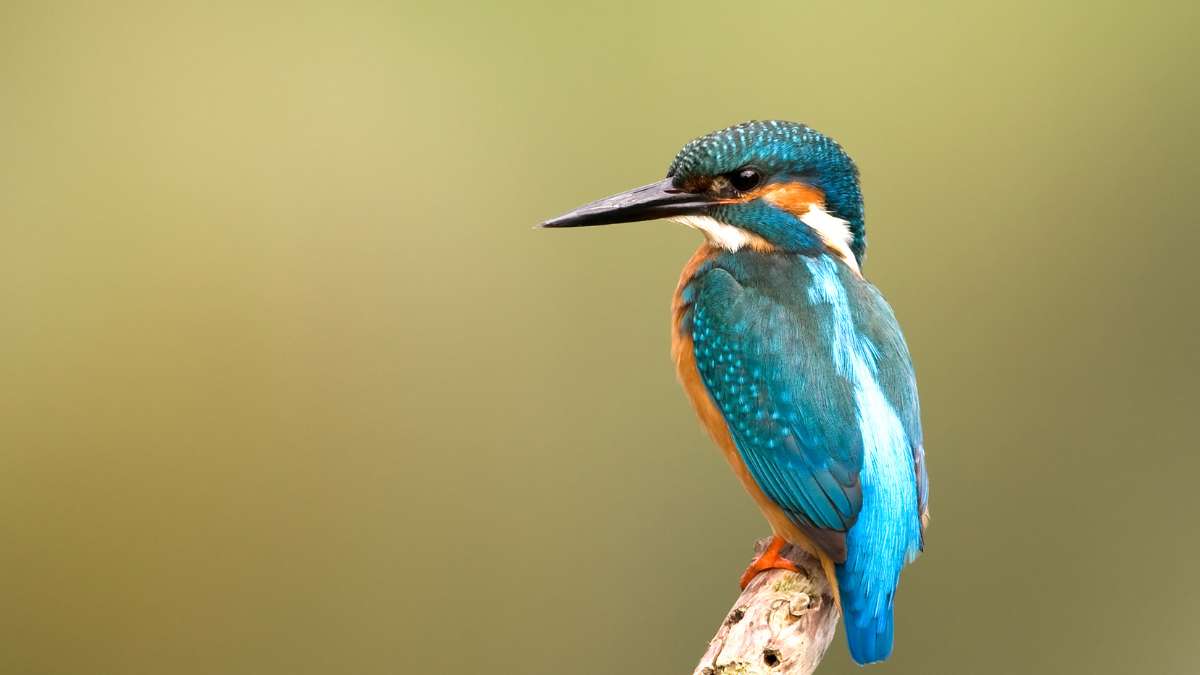
Do Kingfishers Migrate? Exploring Their Migratory Patterns
Kingfishers, those vibrant, fish-loving birds, often make us wonder: Do they truly migrate? The answer varies among species. While some kingfishers are known to migrate, others stay put year-round. Migration patterns depend on factors like climate, food availability, and breeding habits. Species like the Common Kingfisher might migrate to warmer regions during colder months, while…
-
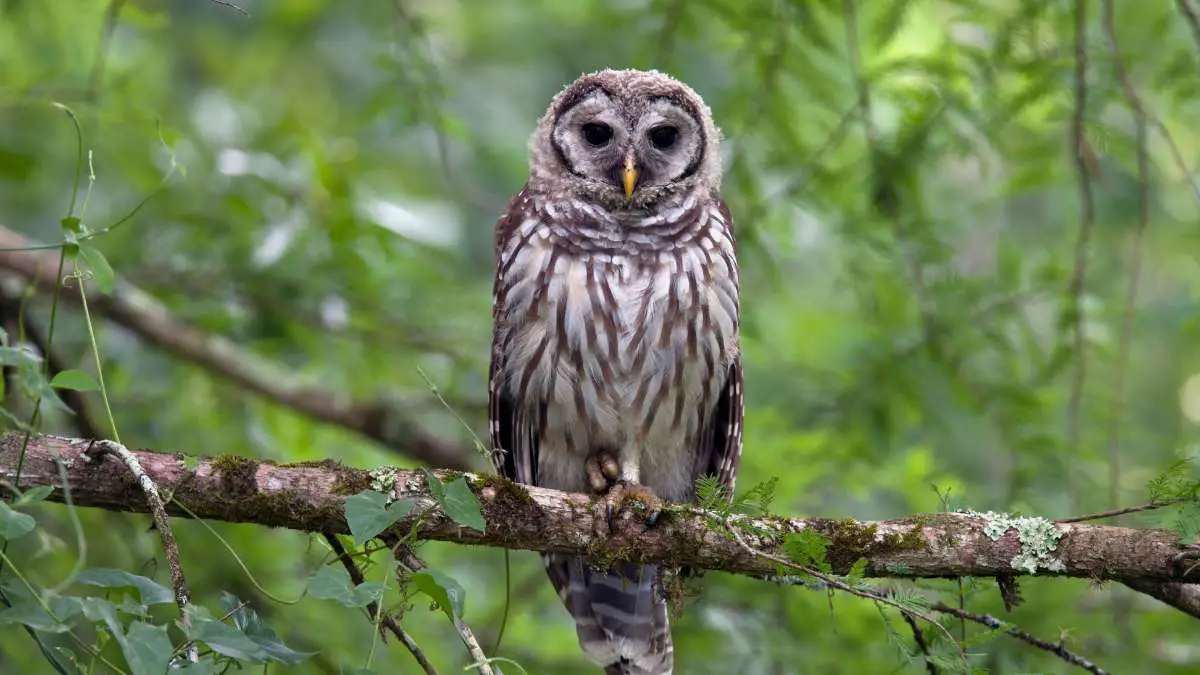
How Do Owls Poop? Poop Like Human or Vomit Their Poop?
Owls have a unique way of handling nature’s call. Unlike humans, they don’t just poop – they also regurgitate pellets. Imagine them as nature’s recyclers! Owls digest their prey but can’t digest bones, fur, or feathers. So, they form these tight little packages, called pellets, which they later cough up. This might seem like vomiting,…
